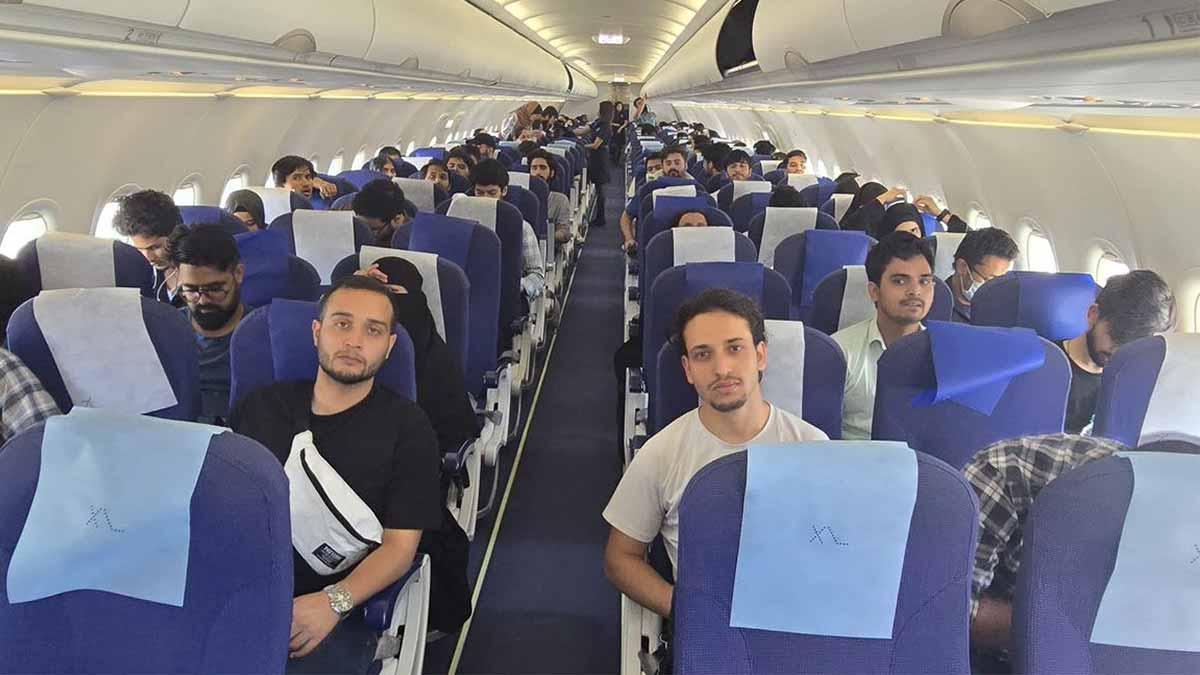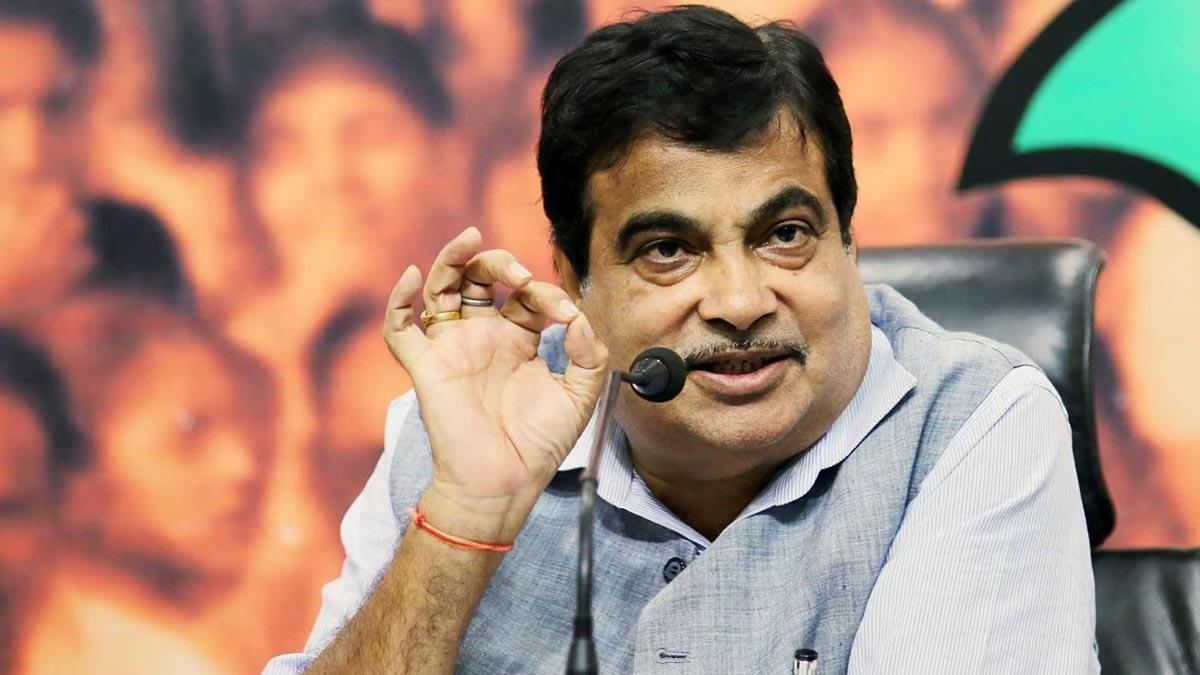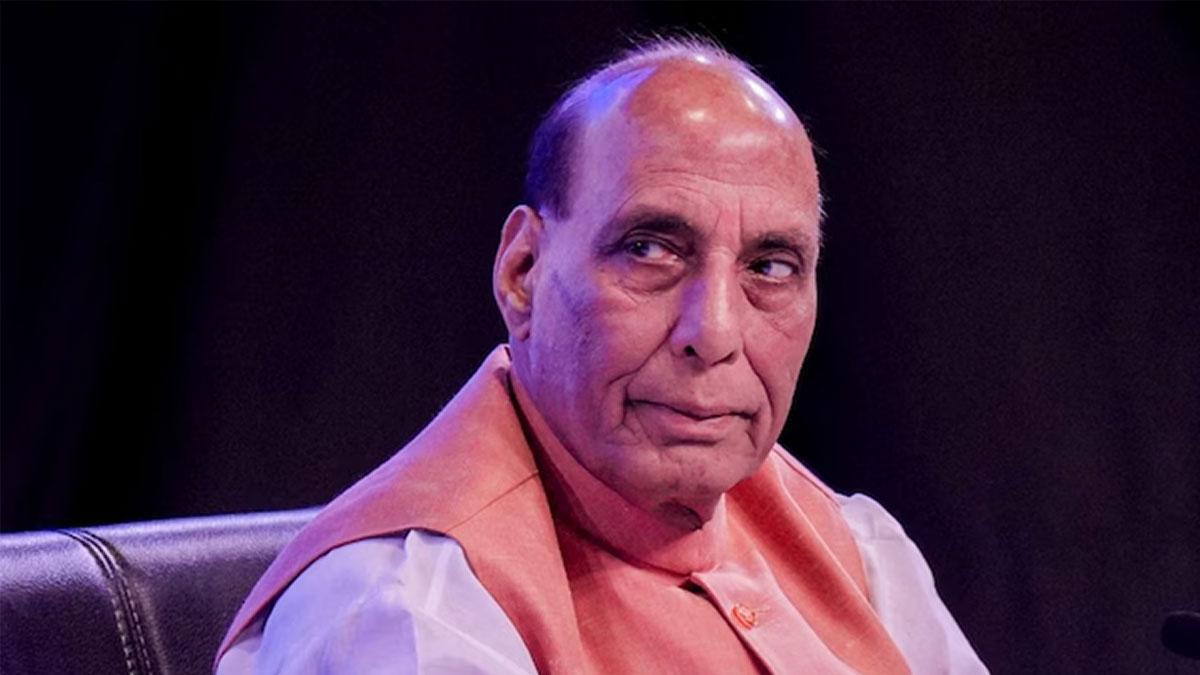Following the rise in tensions in the Middle East, the first batch of 110 Indian nationals — comprising 90 students from Jammu and Kashmir — landed safely in New Delhi on Thursday after they were evacuated from Iran.
The students were repatriated on IndiGo flight 6E 9487, which arrived at the Indira Gandhi International Airport early in the morning. Union Minister of State for External Affairs Kirti Vardhan Singh received the returning students personally, a report by IANS stated.
The evacuation was a part of India's newly introduced Operation Sindhu, a targeted exercise to provide the safety and evacuation of Indian citizens from war-torn areas of Iran.
The Ministry of External Affairs (MEA) on Wednesday evening confirmed that Indian students residing in Tehran had been evacuated from the Iranian capital as a safety measure, organized by the Indian Embassy.
"Indian students in Tehran have been relocated outside the city due to security concerns through arrangements by the Indian Embassy," the MEA pointed out in a formal statement.
In line with the government, the students were evacuated from Zvartnots International Airport in Yerevan, Armenia, at 2:55 PM IST on June 18 and arrived in Delhi in the early hours of June 19.
MEA spokesperson Randhir Jaiswal tweeted an update on Twitter (X), saying: "Operation Sindhu underway. India initiated Operation Sindhu with a view to evacuating Indian nationals from Iran. India repatriated 110 students from north of Iran who escaped into Armenia under the escort of our Missions in Iran and Armenia on June 17."
The evacuation is part of a comprehensive package of steps taken by New Delhi to secure its nationals in the wake of the worsening security situation in the area following the military confrontation.
The Government of India thanked the Iranian and Armenian governments for facilitating the evacuation of Indian nationals.
"India gives highest priority to safety and security of Indian nationals abroad," the MEA reiterated. "As part of the current operation, the Indian Embassy in Iran has been helping large groups of Indian nationals shift from high-risk zones to relatively safer zones and is working out further evacuation exercises based on feasibility and options available.
Indian nationals in Iran have been urged to maintain contact with the Indian Embassy in Tehran via its emergency helpline, as well as the 24/7 Control Room set up by the Ministry of External Affairs in New Delhi, for real-time assistance and updates.
Read also| Indian Defence Sector Expected to Grow 15–17% in FY26: Report
Read also| India’s Shubhanshu Shukla Axiom‑4 Mission Delayed to June 22


















